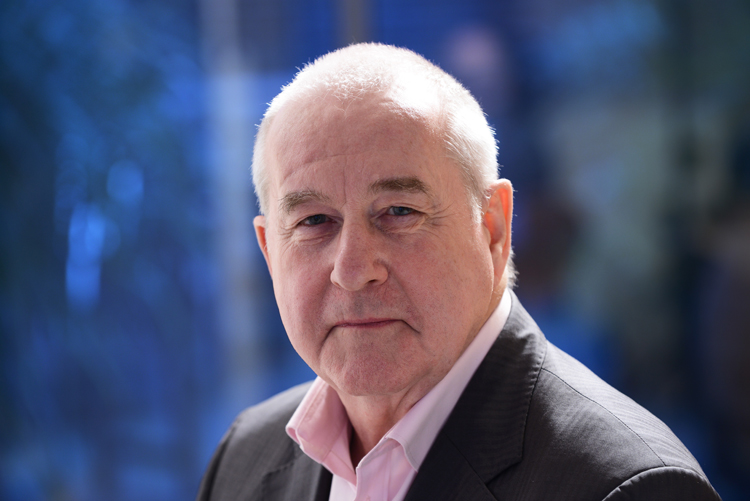International refugee law in crisis
Crisis.
This one word has become almost synonymous with discussions of the global refugee issue.

Although this may seem to be a modern phenomena, as Professor Guy Goodwin-Gill said in a MLS public lecture, International Refugee Law: Yesterday, Today, but Tomorrow?, it was crisis – the Russian refugee crisis, to be precise – that led to the development of international refugee law as we know it today. This history will inform how refugee law evolves to meet current and future challenges, and we may yet have cause for optimism.
Professor Goodwin-Gill, a barrister and professor of public international law at All Souls College in Oxford, delivered the 2016 Sir Kenneth Bailey Memorial Lecture at the Law School on Wednesday 14 September.
In a talk that explored the interesting history of international refugee law, as well as its present challenges and future opportunities, one thing was clear, as Professor Goodwin-Gill said:“It is an error to deal with the refugee question as a humanitarian, rather than a political problem.”
The political dimension of the refugee issue is enmeshed in the principle of non-intervention, central to international law. Instead of finding political solutions within a country to hopefully reducing the number of people forced to flee their homes, nations more often address the problem, rather than the cause: large-scale flows of refugees, as seen in the Syrian crisis.
However, despite the limitations of politics, Professor Guy Goodwin-Gill said “the practices of states and legal developments have achieved much.”
“Looking at the realities of forced displacement today, population growth, under-investment in developing companies and a world still riven by inequality, one might question how far we have come,” he said.
“I’m not that pessimistic, however. In the case of the regime we call international refugee law, I do find good evidence of cooperation at times, of solutions found and protections ensured … and evidence of the capacity of the regime to evolve.”

Professor Goodwin-Gill delivering the 2016 Sir Kenneth Bailey Memorial Lecture at MLS.
Professor Goodwin-Gill pointed to the strengths of regional arrangements and general human rights law protections that complement international refugee law, as well as the 90 years of state practice supporting the principle of non-refoulement.
But pressure is mounting. “International refugee law is essentially facing somewhat of a crisis,” he said.
Professor Goodwin-Gill explored several ideas for reform. One of these was revising the UNHCR’s statute, so its mandate expressly encompasses not only refugees but also those often left on the margins of the law, like internally displaced persons and stateless persons.
There is also a role for standard setting, where regime gaps can be addressed in a more political forum – perhaps “taking a leaf out of the environmental protection regime,” Professor Goodwin-Gill said. A timely observation, as heads of state prepare to meet in New York on 19 September to examine a draft declaration aimed at “addressing large movements of refugees and migrants,” though the New York Times has described the document as containing “virtually no concrete commitments to make their journeys better or safer.”
With so much uncertainty, it would be easy to become disheartened. But Professor Goodwin-Gill’s self-confessed optimism provided some positive food for thought about the future of international refugee law.
By Emma Jukić